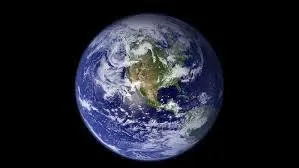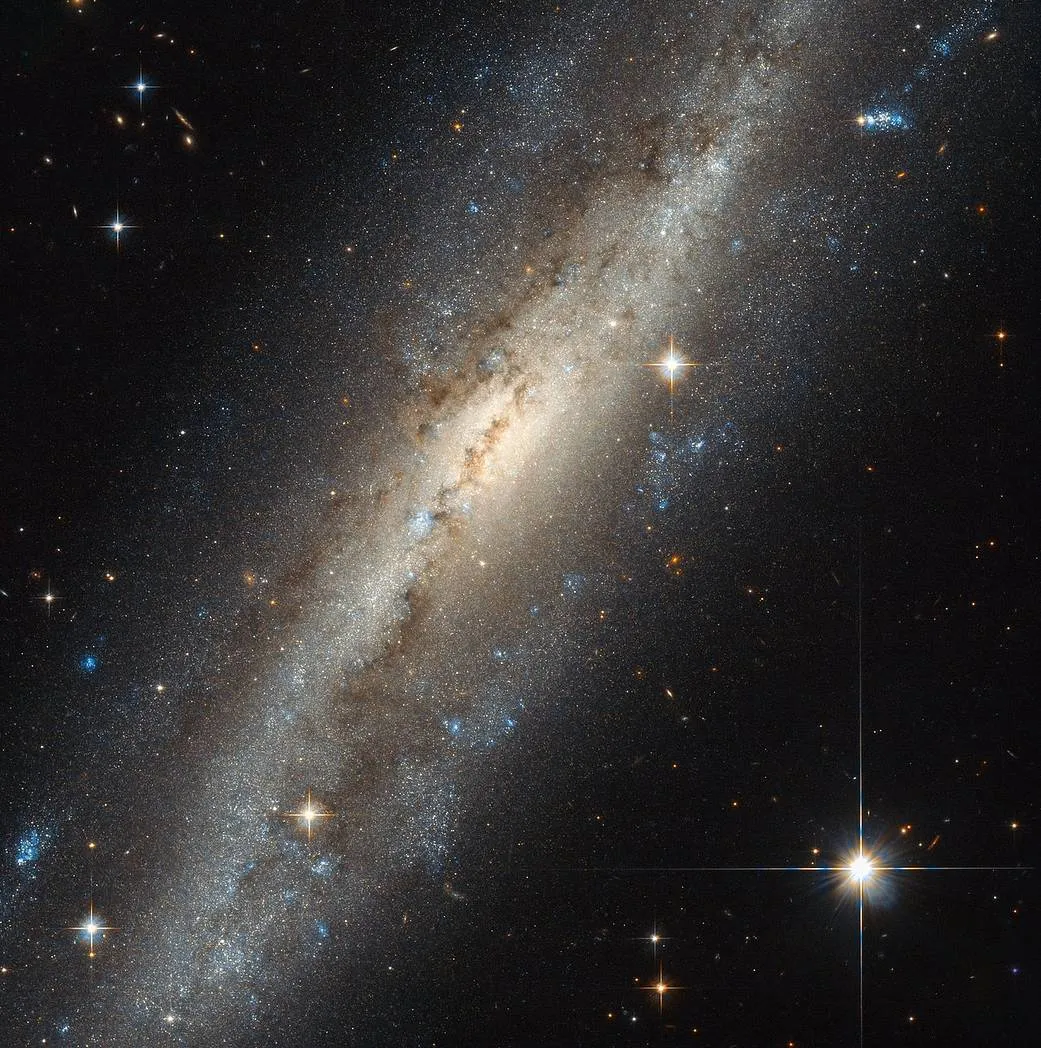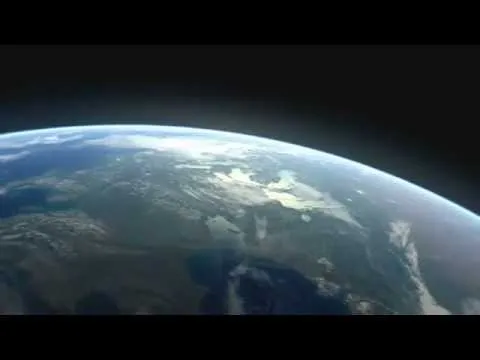Modern science takes the atheistic view that there is no God who created the universe. Instead, secular scientists claim that everything in existence came about by pure accident. And not really just one accident, but a nearly infinite number of them which somehow blindly created everything in the universe.
Since accidents are also meaningless by definition, that makes everything, including human life, ultimately meaningless in the atheist view. This is the belief expressed in modern philosophies like nihilism and existentialism.
I've heard some atheists say, however, that meaning does exist. It's the meaning that, according to them, "we create for ourselves." Life has no purpose or meaning in and of itself, but we can give it purpose and meaning, they say.

But we don't truly create any sort of meaning for ourselves. Meaning is always already there, and we can only discover it.
We can't, for example, invent any colors.
And young children are basically programmed to develop the capacity for language between certain ages. This isn't any ability that we've invented for ourselves. Our capacity for language is already fully present within us before we say our first word. Researchers have shown that we start to develop our language abilities in the womb.
Be careful what you say around a pregnant woman. As a fetus grows inside a mother's belly, it can hear sounds from the outside world—and can understand them well enough to retain memories of them after birth, according to new research.
...
Partanen and his team decided instead to outfit babies with EEG sensors to look for neural traces of memories from the womb. "Once we learn a sound, if it's repeated to us often enough, we form a memory of it, which is activated when we hear the sound again," he explains. This memory speeds up recognition of sounds in the learner's native language and can be detected as a pattern of brain waves, even in a sleeping baby.
The team gave expectant women a recording to play several times a week during their last few months of pregnancy, which included a made-up word, "tatata," repeated many times and interspersed with music. Sometimes the middle syllable was varied, with a different pitch or vowel sound. By the time the babies were born, they had heard the made-up word, on average, more than 25,000 times. And when they were tested after birth, these infants' brains recognized the word and its variations, while infants in a control group did not, Partanen and colleagues report online today in the Proceedings of the National Academy of Sciences.
- Babies Learn to Recognize Words in the Womb
It may be slightly off-topic, but I have to wonder if that experiment was ethical. Although it's probably not anywhere near as unethical as the infamous "Little Albert" experiment, making unborn children hear the same made-up word 25,000 times could affect them somehow.

This was an interesting experiment, though, considering how secular science so often tries to diminish the abilities and development of unborn children in order to attack the God-given sanctity of human life and to support legalized abortion. Some secular "bioethicists," such as Peter Singer, have even argued for infanticide on the grounds that, in their thinking, a newborn baby isn't a person yet.
“Human babies are not born self-aware, or capable of grasping that they exist over time. They are not persons”; therefore, “the life of a newborn is of less value than the life of a pig, a dog, or a chimpanzee."
Singer's statement is a disturbing illustration of what denying God's existence leads to.
And in the atheistic worldview that denies that there's a Creator, what are we, really?
Well, science would say that we're life that has arisen from evolution, life that came from non-life over billions of years. And it would also say that we're intelligent life, capable of observing and considering the universe around us.
If God doesn't exist and didn't create us, though, there's no "universe around us." There's nothing but universe and we're just a part of it like suns and planets are. We just happened to develop - accidentally - in a different direction. A small part of the universe accidentally developed into life, and that's us.
If you think of the entire universe as a body, then, we are a distinctly different part of the body. Most of the body is dead, but a small part of it, the life that exists on Earth, is alive.
And some of this small part of the universe has the capacity to observe and consider itself to some extent - that would be animals, who have awareness which plants don't have. (And remember that Peter Singer doesn't even put newborn babies at the animal level.)
But in the existence of man, the universe becomes self-aware, capable of really observing and considering itself.

Did the universe just accidentally create self-awareness? That's what atheism claims.
And are we supposed to believe that it's somehow all by accident, and not by the intention of some vastly intelligent and powerful being, that the dead universe came alive to observe and study itself?
It would be amazing enough for the dead universe to come alive to produce mere plants or bacteria, much less all beyond that.
It's a Christian belief that mankind is distinct from the rest of Creation by being created in God's image.
But although it goes against what secular science tells us, even the atheistic view tends to view us as somehow special and separate from nature and the universe.
And God said, Let us make man in our image, after our likeness: and let them have dominion over the fish of the sea, and over the fowl of the air, and over the cattle, and over all the earth, and over every creeping thing that creepeth upon the earth. So God created man in his own image, in the image of God created he him; male and female created he them.
Genesis 1:26-27
Images: Pixabay
